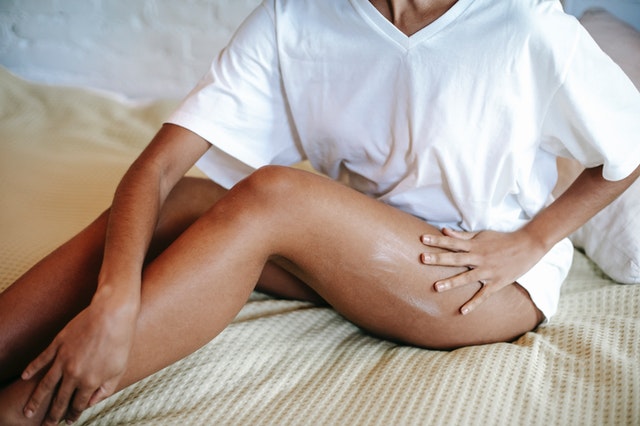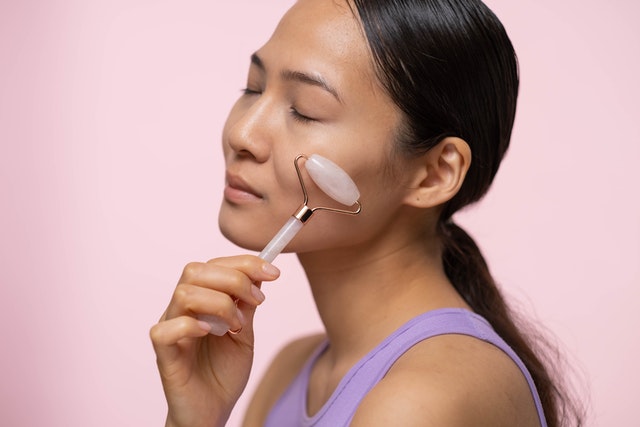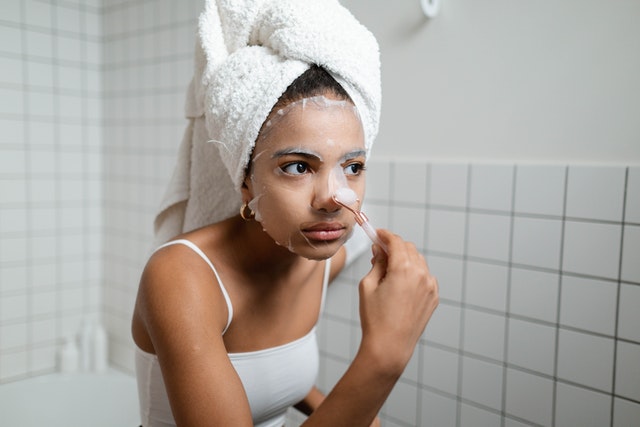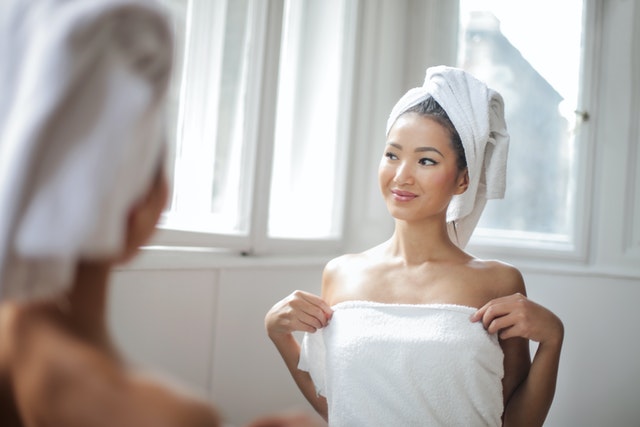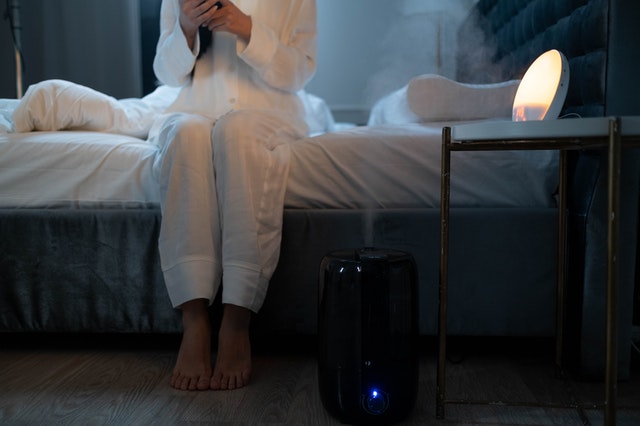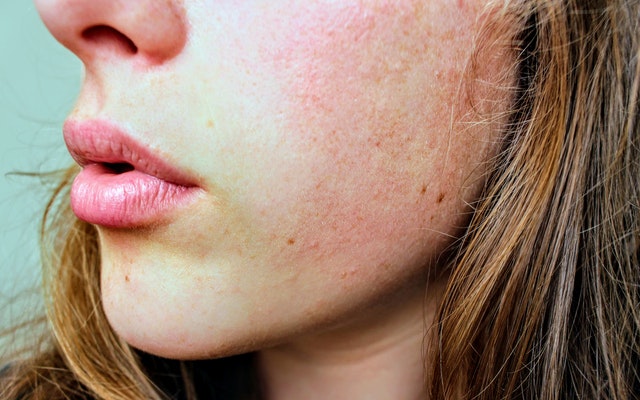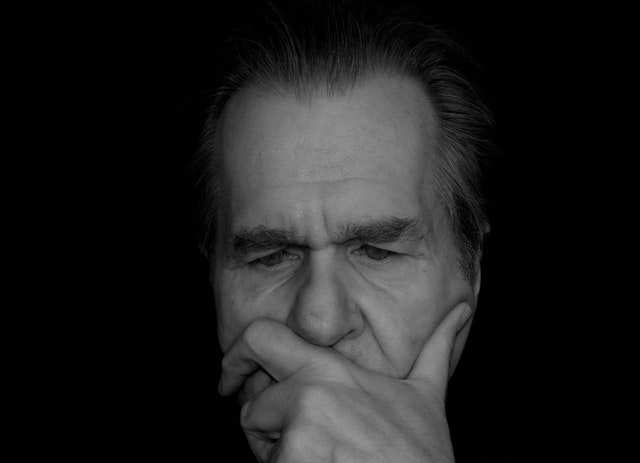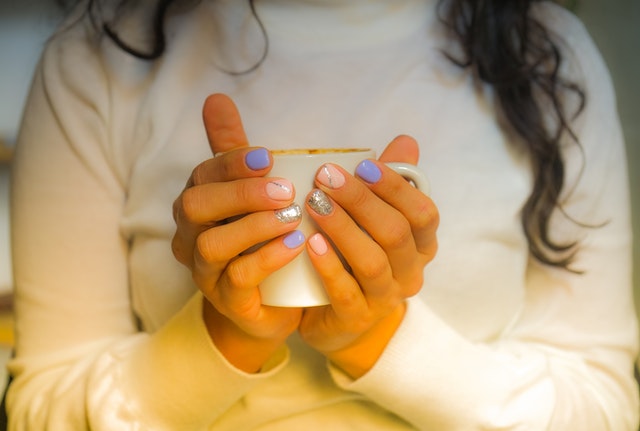Do you use body lotion on your face? If so, stop!
Body lotions can easily clog your pores and make you feel uncomfortable, especially if you already have oily skin. Trust me on this — you would literally be better off using nothing at all. Fortunately, there are great alternatives that still make you feel sexy, don’t cost an arm and a leg, and don’t take long to apply.
Why Body Lotion Is a Bad Choice for Your Face
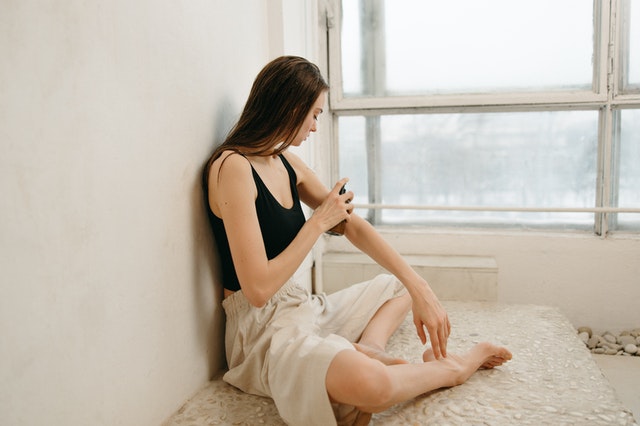
Body lotion and facial moisturizers are two very different products with completely different goals. Think about it for a second — Your face has to deal with things during the day that the rest of your skin normally doesn’t, including intense sun rays, makeup, dirt and sweat.
1. Your Face Is More Sensitive Than Your Body
Women have far more sweat-producing glands in the face than any other part of the body. These glands are sensitive to hormone changes and irritation, meaning that you have to treat them with extra care compared to the rest of your skin. Also, your facial skin is thinner than flesh in other areas of the body, so it’s more delicate.
What this means is that products that don’t normally irritate your arms or legs can often irritate your face. This is especially true for those luxurious body butters that smell so good. Irresistible fragrances are amazing when you’re giving your legs some TLC, but they’re often a problem for the sensitive skin of the face.
2. Body Lotion Isn’t Designed To Protect or Nourish Your Face
Body lotions generally focus on minimizing spider veins, reducing the appearance of cellulite, or toning and firming your skin. They contain ingredients designed to add moisture to dry skin and smooth rough areas such as your elbows or toes.
On the other hand, face lotions almost do the opposite. They focus on moisturizing your face while also keeping pores clear. The goal is to minimize wrinkles, dark spots and the appearance of pores.
3. Face Moisturizers Avoid Irritating Your Skin
Even the ingredients on facial moisturizers are better for a gorgeous complexion. To avoid irritating the delicate skin of the face, these products should have natural extracts that are gentler on you.
Other ingredients may help specifically with wrinkles, such as hyaluronic acid and peptides for collagen production. Many facial moisturizers have sunblock to help protect your face against UV rays during the day.
What You Should Use for Facial Care and Moisturizing Instead
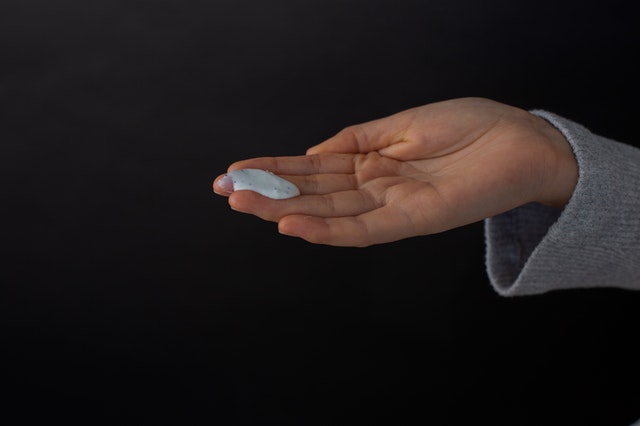
There are many good options for facial care, and they don’t have to be expensive. You can even improvise face moisturizer using natural ingredients. Here are a few favorites:
- Aloe gel: Great moisturizer that soothes irritated skin.
- Shea butter: Luxurious butter for your face but also lightweight.
- Rose essential oil: Gentle oil that softens and hydrates your face.
- Rose water: Calming liquid that helps with inflammation and redness.
- Jojoba oil: Anti-inflammatory oil that repairs and firms facial skin.
Don’t get me wrong, I love silky-smooth body lotion just as much as the next girl. It helps me sleep like a baby when I massage it into my tired feet. But I don’t use it on my face.

